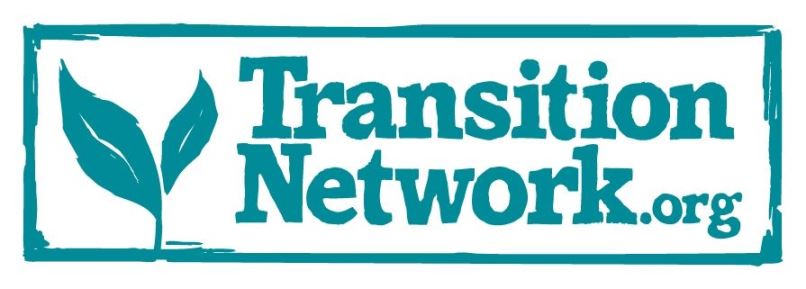The Transition Network could just as easily call itself the Support Network.
It’s a thoughtfully-designed, amazing resource for plus-fifty females going through various transitions in their lives. The Network was engineered and founded by two successful plus-50 businesswomen, Charlotte Frank and Christine Millen.
TTN is meant to foster learning, development, and networking among professional women who desire these things chiefly as a result of major transitions, personal or otherwise.
The Network’s website features many articles on relevant, helpful topics; there’s a series of talks and other conferences and seminars. Peer and special interest groups facilitate not only discussions but in-person events like dinners and group discussions.
The network also involves such pragmatic utilities as job listings and business card exchanges.
Christine Millen’s thriving career centered around her work with the consulting firm Deloitte, showing a bevy of firms how to transform their information systems. She retired in 2001, but continued to serve on the board of Signature Theatre, which showcases the work of a single author for a season.
In 2011, the British-born professional founded The Transition Network with Charlotte Frank.
Frank was born in Minneapolis during the Great Depression, growing up in a blue-collar family and graduating from her hometown University of Minnesota. As she entered the professional world, Frank found her niche following her passion for fighting poverty. She worked for many government agencies, mostly in New York City.
Millen and Frank teamed up to solve the problem of untapped human capital among elderly women. They saw that our rapidly aging society including in its ranks many very educated women who, upon reaching retirement, were not given tasks that tapped their strengths. They created TTN as a way of allowing retired women to help society and to stay connected, continuing to develop their skills and keep their leadership capacities sharp and in practice.
Their approach to retirement as an opportunity, as a resource for society as a whole, is refreshing and much-needed. Their tools for networking for fifty-plus women is also very welcome. Millen and Frank demonstrate the value of women in leadership roles. Only by working in professions in leadership roles is one able to understand the entire infrastructure of such and to develop systems, communities, and tools to keep leadership alive.
Anyone in business in any capacity can learn from the example of Millen and Frank, who seize opportunities to mentor and to connect, to help strengthen systems in which they worked during their professional formative years. Not everyone has the personality to do such things, but it’s important than some people do or else the professional world would be less connected.
